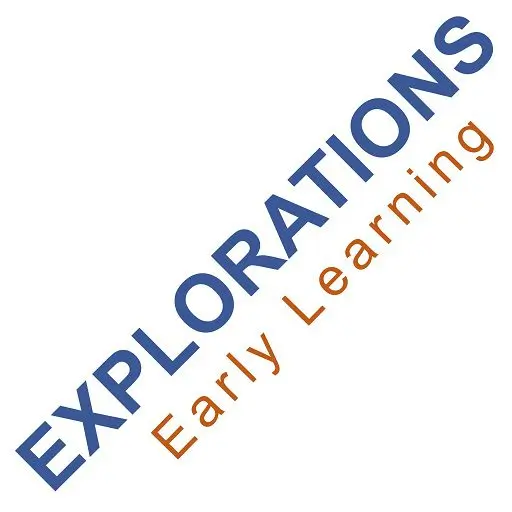
Description
Have you ever met a child who repeatedly dumped containers of toys, threw everything they could get their hands on, or loved hanging upside down? These repeated patterns of behavior are examples of play schemas. Understanding these schemas provides insight into why kids do such things. This training investigates 11 common play schemas and ways to support them in an early learning setting. It also looks at why a deeper understanding of schemas can improve interactions with children–and learning.
Outcomes / Goals
Attendees will:
- Learn how a deeper knowledge of play schema theory can improve interactions with children
- Investigate 11 common play schemas
- Explore ways to support schema play in early learning settings
Core Knowledge Area
- Alabama | Learning Experiences And Enrichment / Child Development
- Illinois | Curriculum Or Program Design
- Michigan | Teaching And Learning
- Missouri | Use A Broad Repertoire Of Teaching Skills And Strategies For Learning
- Nebraska | Planning Learning Experiences And Curriculum
- Oklahoma | Learning Environments And Curriculum
- South Dakota | Learning Environments
- Wisconsin | Learning Experiences, Strategies, And Curriculum
- CDA | Advancing Children’s Physical And Intellectual Development
Clock Hours
Available in 60 and 90-minute formats
Agenda
This is the breakdown for the 60-minute version of the session:
| Topic | Time | Activity |
|---|---|---|
| Introduction | 03 minutes | Monologue |
| What’s A Play Schema And Why You Should Care | 15 minutes | Discussion |
| 11 Common Early Childhood Schemas | 40 minutes | Discussion |
| Conclusion | 02 minutes | Monologue |
Related Resources
This session is based in part on content from these sources (affiliate links):
- Understanding Schemas in Young Children
- Schemas: A Practical Handbook
- Let Them Play
- Let’s Play
- Let’s All Play
Content Level
Beginner / Beginner / Intermediate
Age Group Focus
- Toddlers (12 months to 36 months)
- Preschool (36 months to 5 years)
- School Age (5 years to 12 years)
- Adults
Target Audience
- Family Child Care Providers
- Child Care Center Teachers
- Child Care Center Directors
- Head Start Teachers
- Head Start Administrators
- Early Head Start Teachers
- Service Coordination Staff
- Technical Assistance Specialists
- Home Visitors
- Parents
